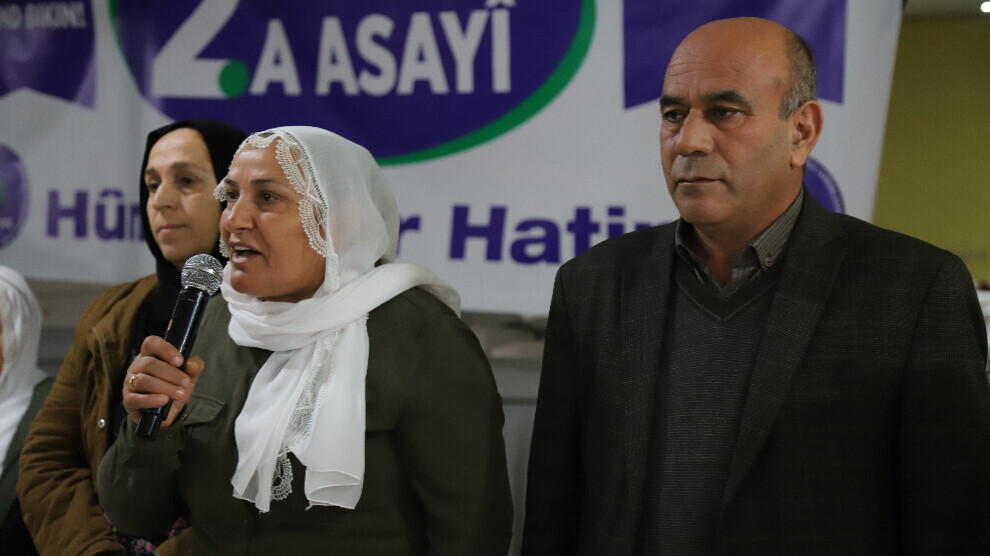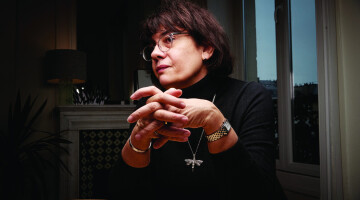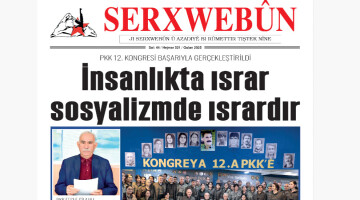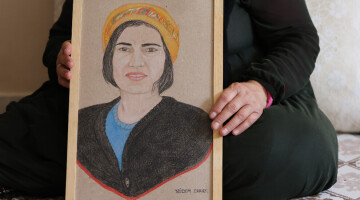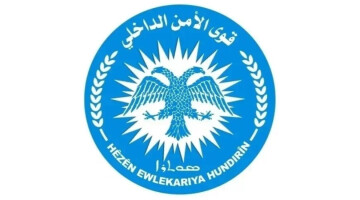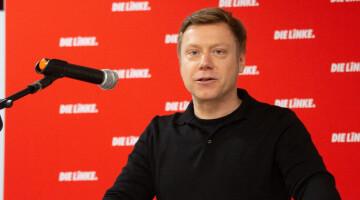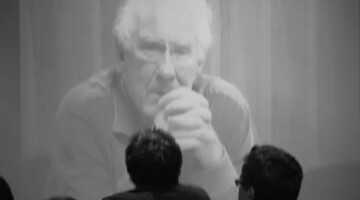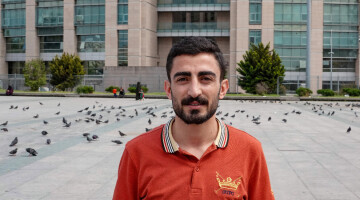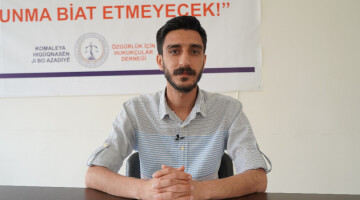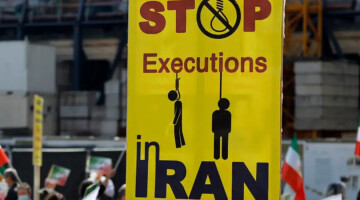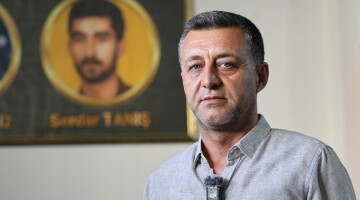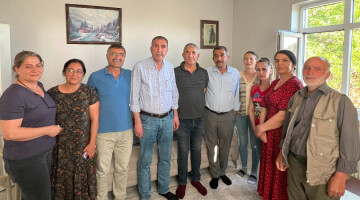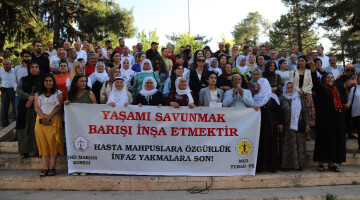The aid organization MEBYA-DER discussed the socio-political lines on central questions of the association's work with numerous members and guests at a congress in Kızıltepe (Qoser) near Mardin (Mêrdîn). The focus of the meeting of the association, which supports people who have lost relatives in the Kurdish liberation struggle, was the topic of grave desecrations by state forces and ways to combat these attacks.
In the country's Kurdish provinces, security forces have been systematically using brutal force against grave sites of those killed in the Kurdish movement and victims of Turkish state power for years. Entire cemeteries have already been devastated, gravestones have been smashed and even corpses have been carried away. The destruction of guerrilla graves in particular is an ongoing practice of the Turkish state, but has taken on a much more systematic dimension in recent years. The tens of thousands of those killed in the Kurdish liberation movement should be erased from social memory.
“This inhumane tradition, which we call a war against the dead, also includes the practice of keeping the bodies of fighters under lock and key, mutilating them and burying them anonymously in so-called cemeteries of nameless people,” said Xecê Öncü by MEBYA-DER. The activist underlined that this humiliation pursued a political goal: “This sends a signal to the Kurds that they will not be tolerated, regardless of whether they are dead or alive. We should be made to renounce our identity, our language, our right to freedom and a life in dignity.”
HEDEP MP Beritan Güneş Altın expressed her party's support to MEBYA-DER and condemned the state's handling of the dead of the Kurdish people. She described the desecration of corpses and graves as inhumane attacks that degraded social values and recalled the cases of fighters Agit Ipek (HPG) and Hakan Arslan (YPS), whose remains were handed over to their relatives in boxes and bags respectively. The politician also discussed the recent desecration of the grave site of Uğur and Ahmet Kaymaz. The twelve-year-old and his father were shot dead by Turkish police in Qoser in 2004.
“A collective response and an expression of solidarity is needed against this campaign of attacks against the graves of the fallen, in order to counter the attempts to degrade Kurdish society.”
Altın said: “We will face these attacks with resistance and fight to overcome the times in which our existence, our language and our identity are denied.” As a first step, MEBYA-DER wants to discuss with politicians, business figures, culture activists and civil society to fight the attacks against the dead.

